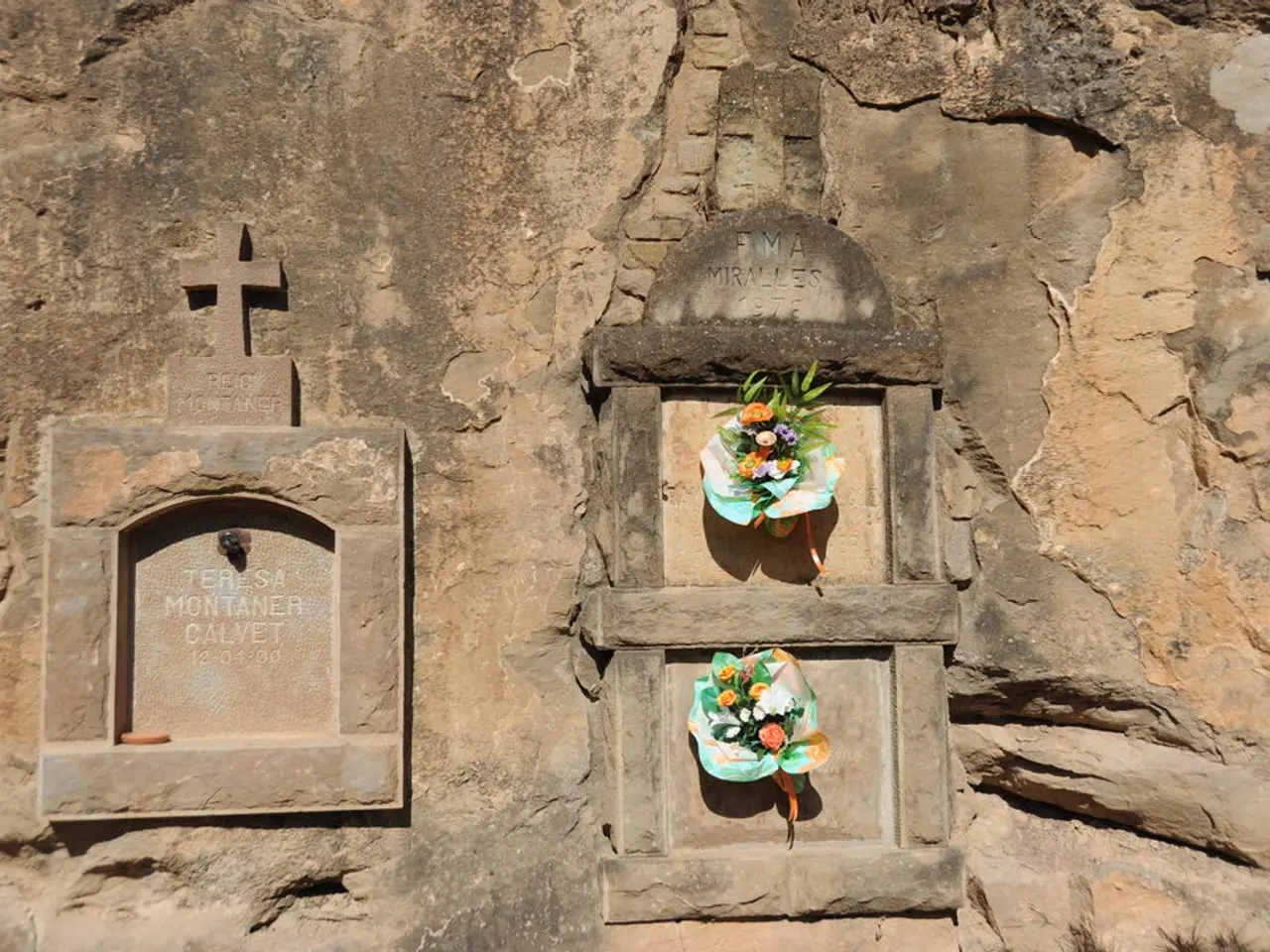Strengthening Martial Law Regulations Following December's Conflict in South Korea
In a significant democratic turning point, South Korea's National Assembly passed urgent amendments to the Martial Law Act in July 2025, marking a decisive shift to prevent executive overreach and safeguard democratic norms. This reform was a direct response to the December 2024 martial law crisis under ousted President Yoon Suk Yeol, an incident that exposed the dangers of unchecked executive power and military involvement in civilian governance.
On December 3, 2024, Yoon unexpectedly imposed martial law, citing threats from "North Korean communist forces" and "anti-state elements" within the government and military, without providing concrete evidence. This led to a military deployment around the National Assembly, including elite paratroopers setting up barricades and blocking lawmakers' physical access, forcing them to scale walls to enter the chamber and nullify the decree.
The incident shocked the nation, revealing Yoon's authoritarian drift amidst political struggles with an opposition-controlled legislature. His move was widely seen as an attempt to override parliamentary opposition on a budget reform bill through extraordinary and repressive measures under the guise of national security. The declaration ignited intense confusion and alarm across civil rights groups, media, and even Yoon's own party members.
Following the December crisis, lawmakers passed a motion to impeach Yoon on December 14, 2024, reflecting broad political repudiation of his martial law imposition and authoritarian tactics. The turmoil culminated in the election of Lee Jae-myung in June 2025, signaling a democratic restoration and rejection of military interference in politics.
The reform of the Martial Law Act, enacted by the National Assembly in July 2025, explicitly prohibits the military and police from entering the National Assembly without the speaker's explicit consent and bans any interference with lawmakers’ physical access to the chamber. This legislation was designed to prevent a recurrence of such a crisis, reinforcing the resilience of South Korea's post-dictatorship democracy.
Key provisions of the reform include: no blocking of lawmakers' entry to the National Assembly during martial law, ensuring elected officials cannot be sidelined during crises, and prohibiting any attempt to block lawmakers from accessing parliament. These protections are designed to preserve legislative sovereignty and reinforce the democratic institutions in South Korea.
President Lee Jae-myung, who won the June snap election, has championed a less confrontational leadership style and pledged unity and parliamentary respect. Prime Minister Kim Min-seok, confirmed today, will support President Lee's administration, marking one of the first legislative acts following the amendment. The Lee administration continues efforts to rebuild public confidence after the crisis.
The amendment to the Martial Law Act is part of a broader call for constitutional redress, echoing suggestions for stricter limits on martial law made by presidential hopefuls, including President Lee Jae-myung. Lawmakers may pursue deeper reforms to strengthen democratic safeguards in the future. By ensuring the legislature remains accessible during emergencies, Seoul is reinforcing the resilience of its post-dictatorship democracy.
- The amendment to South Korea's Martial Law Act, passed by the National Assembly in July 2025, was a direct response to the war-and-conflicts-related crisis under ousted President Yoon Suk Yeol in December 2024, and is aimed at preventing future political interference by the military and enhancing policy-and-legislation processes.
- In the aftermath of the December 2024 martial law crisis and subsequent political developments in South Korea, the general-news landscape has seen a heightened focus on politics, war-and-conflicts, policy-and-legislation, and civil rights issues, particularly concerning the protection of democratic norms and the preservation of parliamentary sovereignty.





